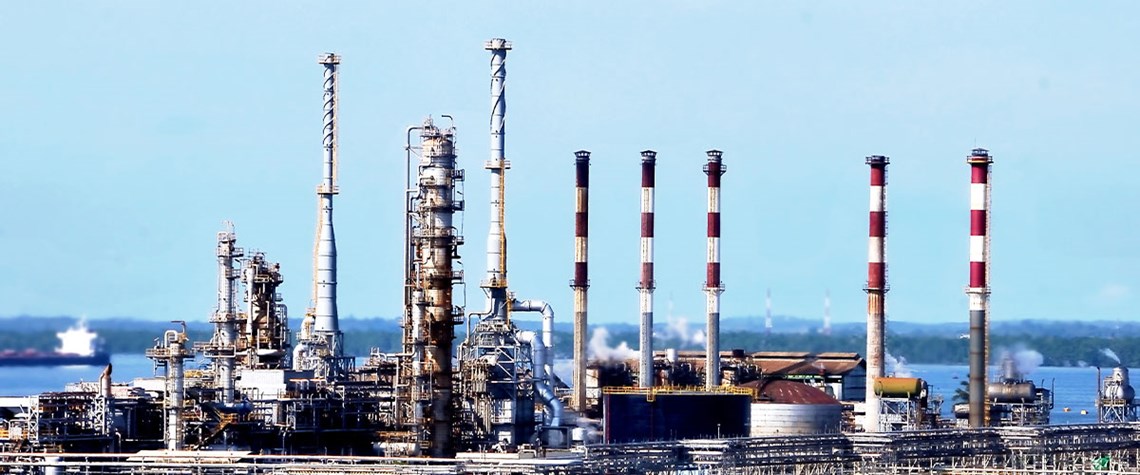Southeast Asian NOCs plot divergent transition strategies
The three most prominent NOCs in Southeast Asia will play to their individual strengths as they seek to decarbonise, with each company looking to capitalise on opportunities in their local markets
Malaysia’s Petronas, Indonesia’s Pertamina and Thailand’s PTT have been tasked by their respective governments to safeguard and monetise their nation’s hydrocarbons resources while ensuring energy security. At the same time, Indonesia, Malaysia and Thailand have all announced net-zero targets. As the largest state-owned enterprise in each country, the NOCs will play an outsize role in how their governments will reduce emissions in the coming decades. And that could result in a conflict between achieving these potentially converse strategic goals. Each company has embarked on lower-carbon pathways and outlined individual decarbonisation ambitions. Petronas targets net-zero emissions by 2050,

Also in this section
26 April 2024
While the US has been breaking records for its premium grade crude, there are doubts over whether you can have too much of a good thing
26 April 2024
Slowing demand growth and capacity expansions will squeeze refiners in coming years
25 April 2024
Some companies with assets in Israel have turned towards Egypt as tensions escalate, but others are holding firm despite rising tensions
24 April 2024
But even planned exploration activity is unlikely to reverse declining output from mature fields







